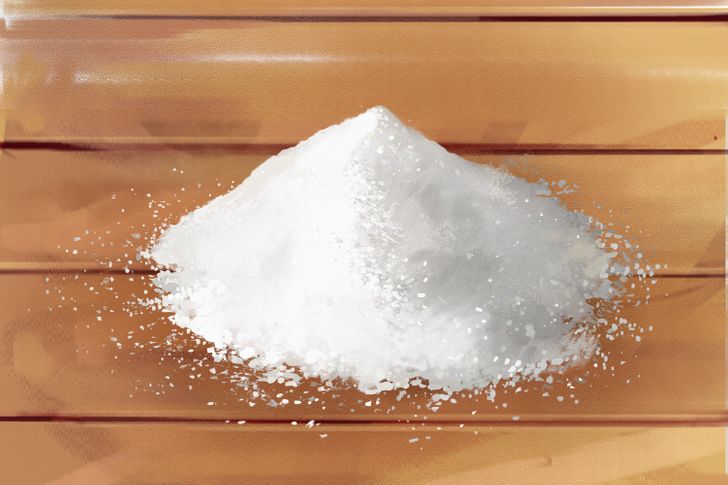Sugar, and Whether It’s Really Bad for Your Health

Many foods we eat every day contain sugar. Different studies are being conducted all over the world to find out whether sugar is good or bad for our health.
At 5-Minute Crafts, we found out what the benefits of sugar are, and also how it can harm your health.
What sugar is

Sugar is a carbohydrate found in many foods.
Our body is able to break down consumed carbohydrates into sugar, which enters the bloodstream, thereby supplying our body with energy. Thus, the main purpose of carbohydrates is to provide all of the cells of the body with energy and dietary fiber.
Types of sugar

Sugar is divided into 2 types:
- Naturally occurring sugar. It’s originally found in fresh fruits, vegetables, dairy products, and rice. In addition to sugar, they contain vitamins, minerals, and fiber. These foods provide the body with a sufficient amount of sugar for its daily activities.
- Added sugar. It’s added at different stages of production to products like sweet and carbonated drinks, juices, cakes, various pastries, cocktails, purees, and sweets. Products with this type of sugar have no nutritional value, since fiber is excluded from them during processing. The body doesn’t need additional sources of this type of sugar because it gets enough natural sugars from other foods.
Benefits of sugar

The body takes energy from several sources, and sugar is one of them. All sugars provide 4 calories of energy per gram.
The positive effects of naturally occurring sugar on the body:
- it provides energy to the entire body for its healthy functioning
- it supplies the brain with energy
- it provides energy to the central nervous system
- it provides energy to red blood cells
- it improves the taste of some dishes
The benefits of added sugar in cooking:
- it makes the taste more balanced, neutralizing excess acidity
- it improves the taste of foods that are high in fiber (such as oatmeal or cereal)
- it adds color and aroma to baked goods
- it helps to make the texture of food more pleasant, soft, and smooth
- it helps to preserve jams and canned foods by absorbing additional moisture and preventing the growth of bacteria
- it helps bread rise by feeding yeast
The harmful effects of sugar

Health problems arise when the amount of energy consumed (from all sources) exceeds its expenditure since the excess calories are stored as fat. Sugar also contributes to fat storage.
Ill health is primarily associated with an unhealthy lifestyle in general.
Small amounts of added sugar are not harmful. However, excessive consumption of it can bring about health problems, like:
- overloading of the liver, non-alcoholic fatty liver disease
- as a result, the accumulation of fat
- weight gain
- heart disease
- high blood pressure
- the development of common mental disorders in the current period and repeatedly after 5 years
- risk of dementia
- premature aging
- skin inflammation
- plaque and tooth decay
Influence of sugar on a person

Sugar has both positive and negative properties, depending on its type and amount in your diet. To prevent the negative effects of sugar on the body, it’s necessary to maintain a balance and adhere to your doctor’s recommendations.
The World Health Organization recommends sugar consumption in the amount of no more than 10% of your total diet.
The American Heart Association recommends a daily limit for added sugars:
- 25 g for women (6 teaspoons)
- 36 g for men (9 teaspoons)
- 25 g for children from 2 to 18 years old (6 teaspoons)
These guidelines are general.
To determine the influence of sugar on your own body and to calculate your personal sugar consumption rate, it’s safer to contact your doctor and conduct personalized tests under the guidance of a specialist.